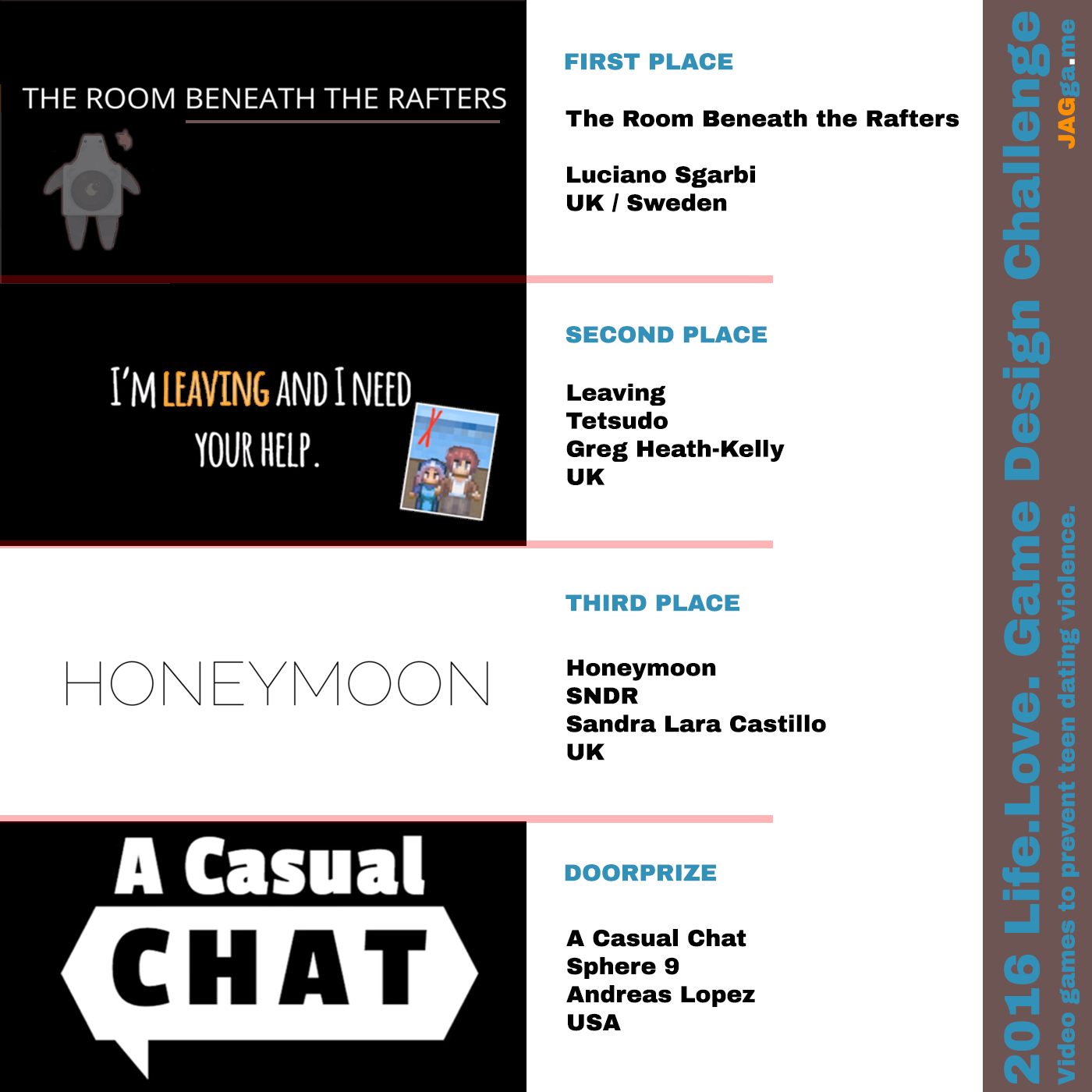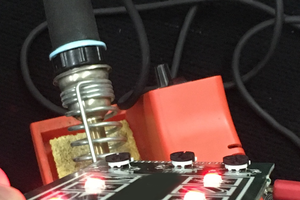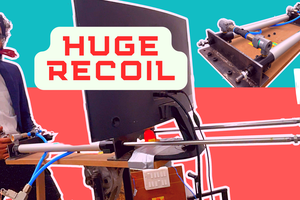THE PROBLEM: Teen Dating Violence
Teen dating violence (TDV) is physical, sexual, or psychological / emotional violence within a dating relationship. Although over 40% of all students in the U.S. will have been in an abusive relationship by the time they graduate from college and nearly 1.5 million high school students are physically abused by a dating partner annually, the majority of parents (81%) do not believe or realize that TDV is an issue.
TDV has wide-ranging and long-lasting impacts:
- those affected are more likely to smoke, binge drink, and use drugs;
- approximately 80% of underage pregnancies are to adolescents in abusive relationships; and
- nearly two-thirds of teens in abusive relationships become adults in abusive relationships. The annual economic impact to businesses in the U.S. alone is over $13 Billion.
THE SOLUTION: Gaming Against Violence
The digital games from the Gaming Against Violence program address this need in a way no other medium can:
- the games adapt and respond to the actions of players, handling nuance in a way that static content cannot;
- the games safely immerse players in an otherwise dangerous situation, allowing players to benefit from contextual and experiential learning in a way other mediums cannot; and
- the games’ ability to provide players a judgment-free, self-paced approach to this sensitive topic allows young people to evaluate the issue in a way that traditional approaches cannot.
Population Served:
Although young women ages 16 to 24 experience the highest rates of violence, TDV affects adolescents regardless of gender, race, ethnicity, socioeconomic status, sexual orientation, or sexual identity. The games produced by Jennifer Ann’s Group are developed for ages 13+ but the Gaming Against Violence program is geared to all those in middle school through undergraduate school (approximately 11 through 22 years old).
Gaming Against Violence serves the entire community with a focus on adolescents, parents, and educators. These populations have vital roles to play in preventing TDV.
Adolescents
Since 2010 and the adoption of an annual Teen Dating Violence Awareness Month adolescents are more aware of the prevalence of TDV than ever but the underlying dynamic and nuanced nature of abuse necessitates the interactive self-paced approach only available through digital games. Although identifying physical or sexual assault is relatively straightforward, emotional or psychological abuse is much harder to identify – even for adults.
In the absence of healthy relationship modeling at home adolescents are left without an understanding of acceptable relationship behavior, relying instead on their peers’ behavior and popular culture to understand what constitutes "normal" dating behavior. As a result, unhealthy behaviors like jealousy and possessiveness are then regarded as “romantic.”Even those teens not in abusive relationships might be approached by a peer in need of help. Unfortunately those peers most often offer incorrect, victim blaming, or risky advice.
Parents
Parents need to become more aware of the problem of TDV to better educate and protect their children. Currently 81% of parents either do not know what TDV is or do not realize that it's a problem. Further, those parents who themselves are in abusive relationships are more likely to see their teen’s relationship problems as “normal,” perpetuating the dangerous cycle of abuse.
Educators
Educators must be made to understand the prevalence and impacts of dating abuse as well as learning the warning signs of potentially unhealthy relationships. Although adolescents prefer to turn to their peers for problems, those with self-worth issues instead prefer to turn to adult experts including teachers. As has recently come to light on college campuses, educators and administrators are often ill-equipped to appropriately handle issues of dating violence.
Further, since 2007 states have adopted legislation...
Read more » drew.crecente
drew.crecente

 jay
jay

 Raphael Goujet
Raphael Goujet
 tinandjar
tinandjar
Gaming Against Violence is an innovative approach that harnesses the power of video games to promote positive social change and prevent child abuse. It's fascinating to see how technology and gaming can be utilized to address such critical issues. You can also discover here the article that highlights the importance of prevention strategies and awareness in combating child abuse, gaming can provide a platform for teaching children and adolescents about healthy boundaries, empathy, and communication.